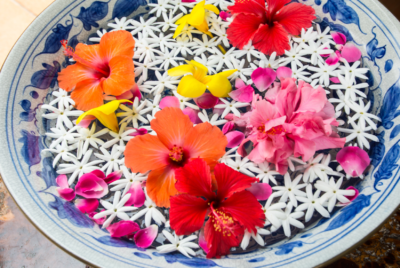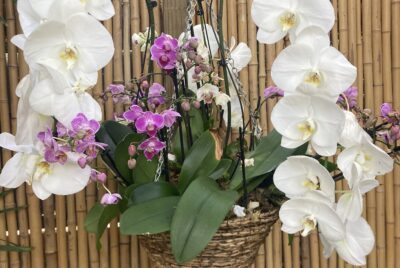RESEARCH
“I see beauty, I see art, I see design, I see love.” Findings from a resident-driven, co-designed gardening program in a long-term care facility
Summary
This study explored how a gardening program co-designed by residents, staff, and researchers impacted the well-being of individuals in a long-term care facility. The program included both raised-bed and hydroponic gardening, offering opportunities for residents to actively participate in planting, tending, and harvesting. Data was collected through surveys, focus groups, and photovoice, allowing for a comprehensive understanding of the residents’ experiences. The findings revealed that gardening fostered a sense of meaning, reduced social isolation, and improved mental health and overall quality of life.
The horticultural therapy aspects of the program specifically contributed to these benefits. Residents found joy in interacting with nature, getting their hands dirty, and watching plants grow. The gardening activities sparked conversations, created opportunities for reminiscence about past experiences, and allowed residents to reflect on their own lives. Furthermore, the program boosted self-esteem and provided a sense of accomplishment. The study highlights the importance of integrating horticultural therapy into long-term care settings to enhance residents’ socialization, engagement, and connection with the natural world.







